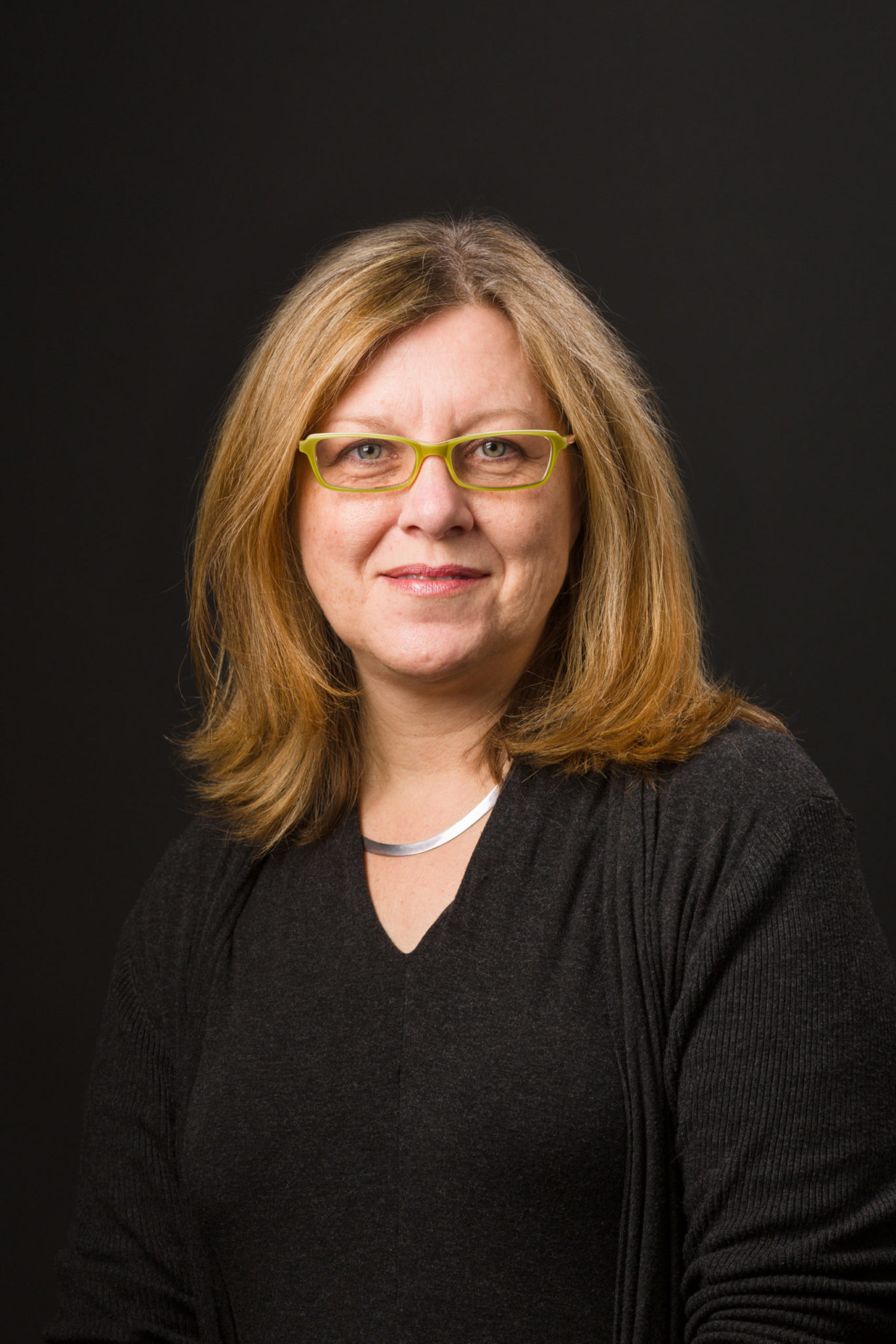Stand Up to Cancer announces new cancer research team co-led by Yale professor
Stand Up to Cancer designates Barbara Burtness as co-director of the new Fanconi Anemia Research Fund-Farrah Fawcett Foundation Head and Neck Cancer Research Team.

Stand Up to Cancer has designated professor of medicine Barbara Burtness as co-director of the new Fanconi Anemia Research Fund-Farrah Fawcett Foundation Head and Neck Cancer Research Team.
Stand Up to Cancer is an organization devoted to raising funds for translational cancer research. The research team was established to advance therapies and new approaches to improve patient outcomes for head and neck cancers. Burtness was designated as the co-director of the research team on Oct. 28.
“The main goals of the research team are to find new ways to prevent and treat head and neck cancers that arise in patients with Fanconi anemia and those head and neck cancers that are due to infection with Human Papillomavirus [HPV],” Burtness wrote in an email to the News.
Head and neck cancers primarily target the nasal cavity, sinuses, mouth, thyroid gland, throat and other neighboring nasopharyngeal regions. Fanconic anemia develops as a result of the inability to repair DNA leading to bone marrow failure, reduced production of blood cells and cancer.
Research is being conducted in an effort to reduce patient mortality rates and improve quality of life post-cancer treatment for patients diagnosed with head and neck cancer. Though Fanconi anemia itself may be rare, squamous cell carcinoma — cancer targeting epithelial cells —has been identified as a leading cause of death and is a thousandfold more common in patients with Fanconi anemia, according to Burtness. Furthermore, HPV viral infections and diagnoses can cause different types of cancers including throat cancer. Around 45,300 people diagnosed with HPV are also diagnosed with cancer every year.
“Because people with Fanconi anemia have defects in repairing DNA damage, we cannot use many of our standard chemotherapy and radiation treatments,” Burtness wrote. “For this reason, cure is dependent on surgery which can leave patients with significant deficits. However, these patients are also at very high risk for recurrence and for the development of other squamous cell cancers.”
By attempting to better understand the pathogenesis of head and neck cancers, the research team will utilize the joint efforts of different experts to develop combinations of standard and upcoming treatments that will best serve patients. One of their goals is to develop a treatment that is less toxic than chemotherapy and radiation, and the researchers plan to use models with genetically engineered Fanconi gene abnormalities or expressed HPV genes in order to explore these alternate treatments. According to Burtness, nonchemotherapy drugs and “combinations of agents that affect the way cells move through the cell cycle” will be the starting point to find new treatments.
“In the case of Fanconi anemia-derived head and neck squamous cell carcinoma, these patients present a defective bone marrow, which makes them especially sensitive to toxic effects from DNA-damaging agents and therapies, while tending to develop head and neck squamous cell carcinoma earlier,” said Sebastian Cruz-Gomez, a postdoctoral fellow in the Burtness’ lab. “New combinations using chemotherapy agents could overcome this issue and provide an effective alternative for their treatment.”
For these efforts over the next three years, the team has received funding of $3.25 million, with $1.5 million each from the Fanconi Anemia Research Fund and the Farrah Fawcett Foundation. Additionally, $125,000 was donated from the American Head and Neck Society and the Head and Neck Cancer Alliance, marking the first convergent effort from these four organizations to improve treatment for patients struggling with these forms of cancer.
“There is tremendous work that needs to be done to make progress in treating head and neck cancers, which approximately 66,000 Americans will be diagnosed with this year,” Sung Poblete, CEO of Stand Up To Cancer wrote in an email to the News. “It is truly groundbreaking for these four donors to come together in this unique collaboration to support this team and make this critical research possible. I’m grateful for their vision and focus on our shared goal: to make more people impacted by head and neck cancers long-term survivors.”
Stand Up to Cancer was founded in 2008.







